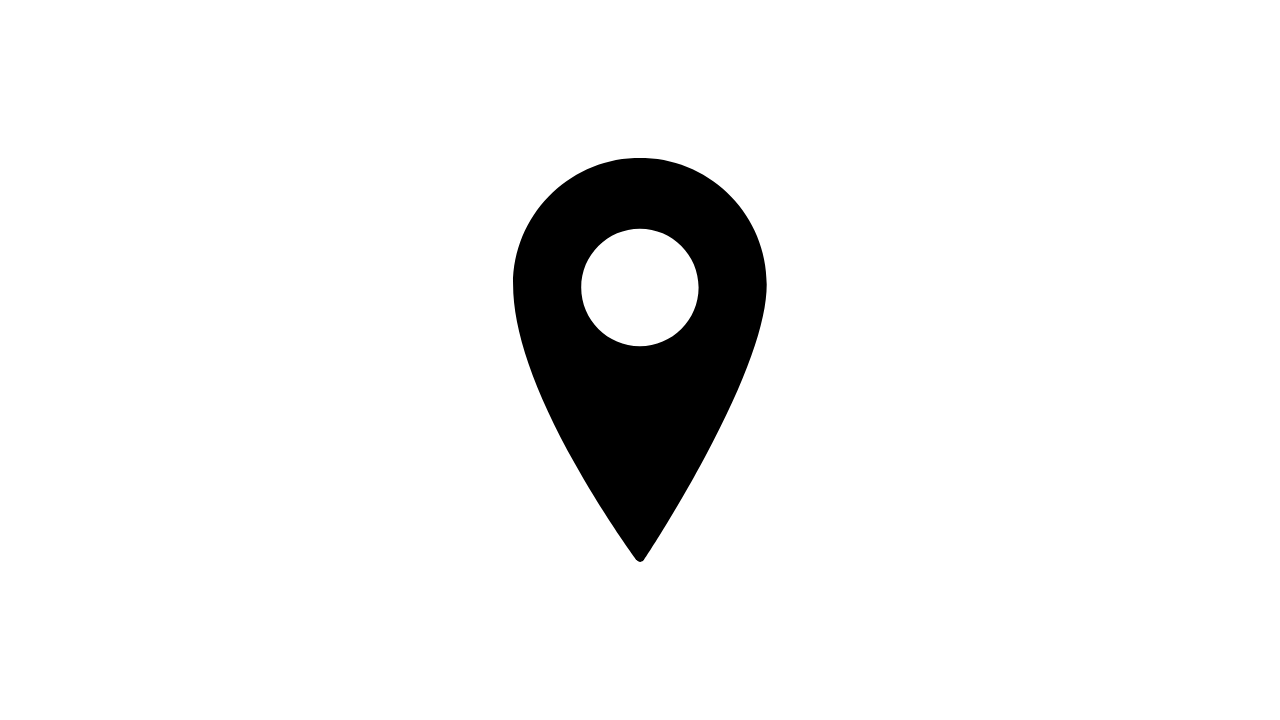With the help of the internet and information technologies, every user and digital device contributes to the marvelous expansion of the web and its vast storage of information. However, to effectively communicate between servers and other users, this complex structure has to follow rules to establish unique digital identities that make rapid and incredibly fast communication on the internet possible.

To avoid confusion between digital devices, even extremely similar hardware units get assigned distinctive addresses supplied by their internet service provider. They are made up of a sequence of numbers that abide by the Internet Protocol (IP). However, IP addresses carry a lot more information, and an average user rarely realizes how much private data they expose on a daily basis. With a constant push for comfort and convenience, recipient web servers use every bit of information in your connections. For example, while one may think that a connection request to a Google website grants access to the popular search engine, the information in IP addresses is used to offer a unique version of a visited page.
Creating such convenience is possible because these digital network identities disclose your approximate physical location. As it connects to popular websites, exposure to such information may be dangerous while visiting unknown pages.
Information contained in your IP address enables tracking by tech companies and proficient cybercriminals. To make matters worse, governments and businesses can control the access to their servers based on your location, blocking you out of a significant portion of the internet.
Fortunately, there are ways to change your network identity and ensure anonymity online. In this article, we will discuss the tools that will help you mask your IP address and apply different identities to transmitted data packets. For flexible and versatile IP masking, we recommend using proxies — intermediary servers that create a different access point to recipient servers. With a fast server from a legitimate provider, you can even use a rotating proxy to keep changing identities at predetermined time intervals. This option offers more security, but after each iteration, your connection will change depending on the location of that region. You can choose specific IPs for your rotating proxy to remain in desired locations or settle for one region to grant access to geo-blocked websites. To learn more about proxy servers, their types, and how you can utilize a rotating proxy for your browsing experience. For now, let’s take a deeper look at how physical location changes your internet connection and when it is a good idea to change it with a proxy server.
Location effects for casual browsing
An average internet user spends most of the time visiting search engines, streaming platforms, and social media networks. All these digital platforms present different information. Netflix is a prime example of a popular platform that manipulates locations to present movies and TV shows in unique locations. With some research, you can determine which shows are unavailable in your country but are advertised for viewing in different regions. With internet privacy tools, you can change your IP address to change the content presented by Netflix and get everything the service has to offer.
Search engines also offer different languages, suggested searches, and advertisements depending on your region. While in most cases, such changes make the browsing experience more convenient, having the choice to access the same pages and view them in a different light is a liberating experience. Especially when looking for travel tickets, agencies love to manipulate pricing depending on the region. With a proxy server, you can change your IP address to find the best deal available.
How physical location affects the business environment
The internet has many strengths that make the digital world a great place for business tasks and interactions. With so many users and the ability to pique the interest of internet users, physical locations disclosed in your IP address create perfect opportunities for personalized advertisements. If websites run ads that have no connection to the user’s location or personal interests, the encountered banners, their success would be insignificant.
By tracking users and their geo-location, marketers can offer personalized marketing, which when done right, does a great job of convincing internet users to revisit certain websites and purchase offered goods and services.
Localized audiences are usually much closer to the advertised businesses, and the demand in the discussed locale makes visitors far more likely to take an interest in such a company. Local businesses that utilize localized ads can create the best possible user experience since the company is far more likely to leverage cultural similarities and understand its client base.
Avoid location tracking
While website localization brings a bunch of comfort to our browsing experiences and business operations, the amount of disclosed information may seem like an involuntary surrender of privacy through the eyes of an average consumer, if you feel uncomfortable with location tracking, and want to avoid its effect on your browsing experience we recommend using VPNs and proxy servers. Both services mask your IP address, making you appear as a visitor from a different region. Proxy servers are more versatile because you can use multiple addresses for different connections while maintaining your real address for desired connections. However, only choose intermediary servers from well-known providers. If you decide to use a free proxy, unknown parties that set up these servers love to spy on their users and steal valuable information. Choose a faster, legitimate way to change your physical location and enjoy the freedom of unrestricted internet!









